Sometimes dogs pant due to exercise or just to calm themself down. But sometimes it can be due to anxiety or health issues. If your dog is panting for no apparent reason for a longer period, it can be concerning. In this post, we will explore the causes of excessive dog panting and how to help your pet. Discussion on dog panting for no reason and excessive panting will help you to understand the difference. From heatstroke to anxiety-induced panting, we cover common causes of unexplained dog panting. Lastly, we’ll detail solutions and treatments for excessive dog panting so you can keep your furry friend healthy and happy. Thus keep reading to know more about your fur-friend.
Table of Contents
Understanding Dog Panting
Dogs pant to regulate their body temperature and express emotions like excitement, anxiety, or stress. When your dog is overheated, it’s crucial to offer shade and cool water. Excessive panting could be a sign of underlying health issues or discomfort, such as separation anxiety. Monitoring your dog’s breathing rate and behavior can help differentiate between normal and excessive panting, which may require veterinary attention.
Normal Reasons for Dog Panting
With panting dogs regulate their body temperature. Also, they calm down when excited or anxious through panting. Panting helps them cool off in heat while relaxing or during activities. It is normal behavior seen in breeds like pugs, boxers, and Boston terriers. If a dog is excited, anxious, stressed, or overheated, panting is natural and not a cause for concern.
Distinguishing Normal Panting from Excessive Panting
Even though panting is natural for dogs, heavy or continuous panting may indicate health issues and should be addressed by a vet. Monitor symptoms like respiratory effort, heatstroke, or anxiety closely. Check the body temperature. Look for discomfort in the body. Understanding your dog’s respiratory rate and signs of discomfort is crucial for distinguishing normal from excessive panting and ensuring your pet’s well-being. Compare the respiration rate with its medical history. Any change needs the attention of the vet.
Common Causes of Unexplained Dog Panting
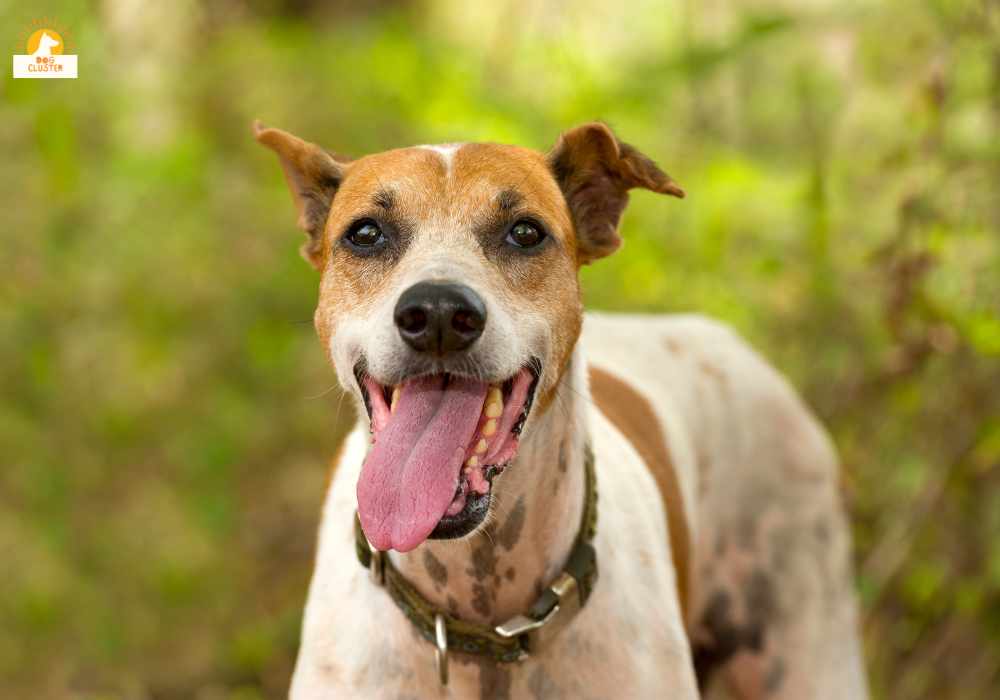
Excessive panting in dogs may stem from heatstroke, anxiety, or underlying health conditions. Anxiety-induced panting can result from separation anxiety, fear, or prior medical issues. Identifying the cause demands observing signs of anxiety, discomfort, and respiratory effort. Heatstroke can trigger heavy breathing, and rapid heart rate, necessitating urgent veterinary care.
Heatstroke and its Effects on Dogs
Heatstroke in dogs can lead to heavy panting, extreme thirst, and heightened body temperature, potentially resulting in heart failure. If your dog shows signs of overheating, through excessive panting or rapid breathing, immediately go for veterinary care. Heatstroke impairs a dog’s ability to cool down naturally, making it essential to provide cold water and the appropriate treatment. Symptoms of heatstroke include excessive panting, lethargy, diarrhea, and seizures, all of which demand urgent medical attention.
Anxiety-Induced Panting in Dogs
Anxiety-induced panting in dogs can be caused by separation anxiety, fear of loud noises, or other signs of stress. Recognizing signs such as excessive panting and heavy breathing. Anxiety-induced panting can lead to increased thirst, and a rapid respiratory rate, which may require special training and veterinary attention. Identifying anxiety-induced panting involves recognizing signs of stress, discomfort, and panting unrelated to physical exertion.
Other Potential Causes of Panting in Dogs
Dogs may pant due to pain caused by lethargy, medical issues, or discomfort. It is important to seek veterinary care if you notice signs of discomfort, and loss of appetite, along with abnormal panting. Panting in dogs can also indicate respiratory issues, weight loss, or underlying health conditions. Look for symptoms such as respiratory effort, lethargy, and discomfort. Certain breeds like pugs, bulldogs, or Boston terriers are prone to laryngeal paralysis, and Cushing’s disease.
Pain-Induced Panting
Dogs may pant due to pain caused by getting physically hurt, arthritis, or undiagnosed disease. It’s important to recognize signs of discomfort and loss of appetite in dogs to identify pain-induced panting. Understanding your dog’s respiratory rate, signs of arthritis, and discomfort is important in recognizing pain-induced panting. If these symptoms persist, it’s recommended to consult a veterinarian for evaluation and potential treatment options.
Panting Due to Illness or Disease
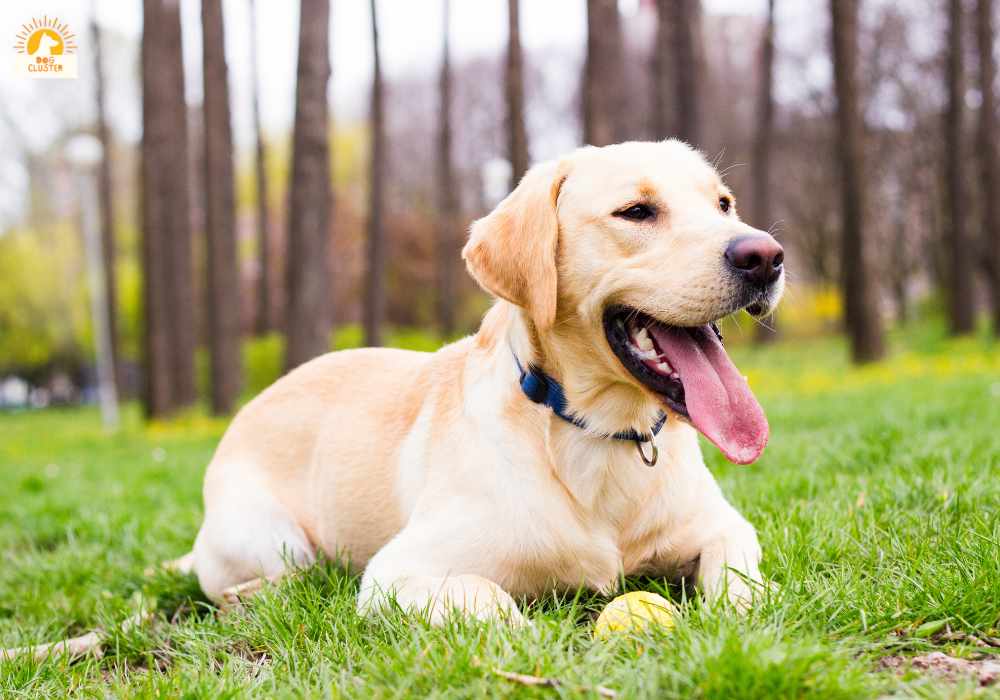
Recognizing panting in dogs due to illness is necessary to take care. It can be a result of various health conditions such as lung disease or heart failure. Signs like heavy respiratory effort, coughing, and excessive thirst may indicate illness-related panting. Observing your dog’s breathing issues and discomfort is important for understanding this condition. Urgent veterinary care is necessary if there is weight loss. Identifying panting due to illness involves recognizing the underlying health condition.
How to Respond to Your Dog’s Excessive Panting
If your dog is excessively panting, it’s important to recognize signs of discomfort and anxiety. Provide cool water, and a calm environment, and seek veterinary care when necessary. Knowing your dog’s signs of distress is crucial in responding to excessive panting and requires appropriate training.
Immediate Steps to Take if Your Dog is Panting Excessively
If your dog is panting excessively, first check its body temperature to rule out heatstroke. Offer cool water and move it to a shaded area to lower its temperature. Monitor its respiratory rate and effort. Also, wet its paws and body with cold water to help cool it down. These immediate steps can help alleviate the discomfort and prevent further issues.
When to Contact a Vet for Your Dog’s Panting
Monitor your dog’s heavy panting after activity for signs of distress. If the panting doesn’t subside after a few minutes, consult a vet. Seek urgent veterinary care if your dog shows signs of anxiety. It’s also advisable to consult a vet for separation anxiety-induced excessive panting. This can lead to heart issues.
Solutions and Treatments for Excessive Panting
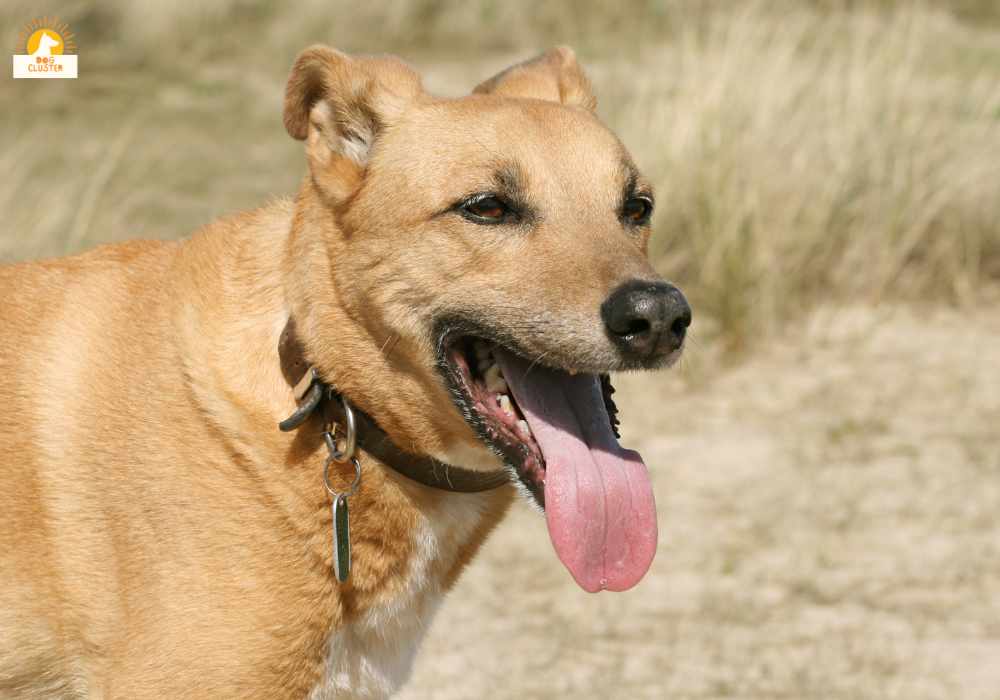
To keep your dog healthy, treat any underlying health conditions and provide appropriate care. Oxygen therapy may be necessary for respiratory issues, especially in brachycephalic breeds. Ensure good ventilation and access to cool water to prevent heatstroke. Use special training techniques to reduce anxiety-induced panting. Seek urgent veterinary care if excessive panting persists as it could indicate a serious underlying condition requiring immediate medical attention at an animal hospital.
Is Panting Always a Cause for Concern?
Not panting is not always a cause of concern. Panting in dogs can be a normal respiratory rate, but it’s important to monitor their breathing patterns and effort regularly. Psychological factors like anxiety and previous medical issues can also cause panting. However, heavy panting may indicate discomfort due to health problems.
Frequently Asked Questions
Why is my dog panting while doing nothing?
Dog panting while doing nothing is a common behavior and can be attributed to several factors. Panting helps dogs regulate their body temperature, but it can also indicate anxiety, pain, or stress. Some medical conditions may cause excessive panting as well. Ensure your dog has a cool environment and access to water
When should I worry about dog panting?
If your dog is panting excessively without any apparent reason, it could indicate an underlying health issue. Look for other signs like lethargy, loss of appetite, and difficulty breathing. If you’re concerned about your dog’s health or if their panting seems abnormal, consult a veterinarian – better to be safe than sorry.
Why does my dog’s panting stress me out?
Excessive panting in dogs can be stressful for owners. While panting is often normal, it could indicate an underlying health issue or anxiety. Identifying the root cause and seeking professional advice can help alleviate concerns and ensure your dog’s well-being.
Conclusion
Excessive panting in dogs can be a cause for concern and should not be ignored. It is important to understand the possible reasons behind your dog’s panting and take appropriate action. While heatstroke and anxiety are common causes, there could be underlying pain or illness that needs attention. If your dog is panting excessively, it is crucial to take immediate steps such as providing a cool and calm environment and contacting a vet if necessary. Remember, not all panting is alarming, but it is always better to err on the side of caution when it comes to your furry friend’s health and well-being.
Share with me if you have any stories and thoughts. I would love to read your feedback. Stay with the dog cluster and gather knowledge about dogs.

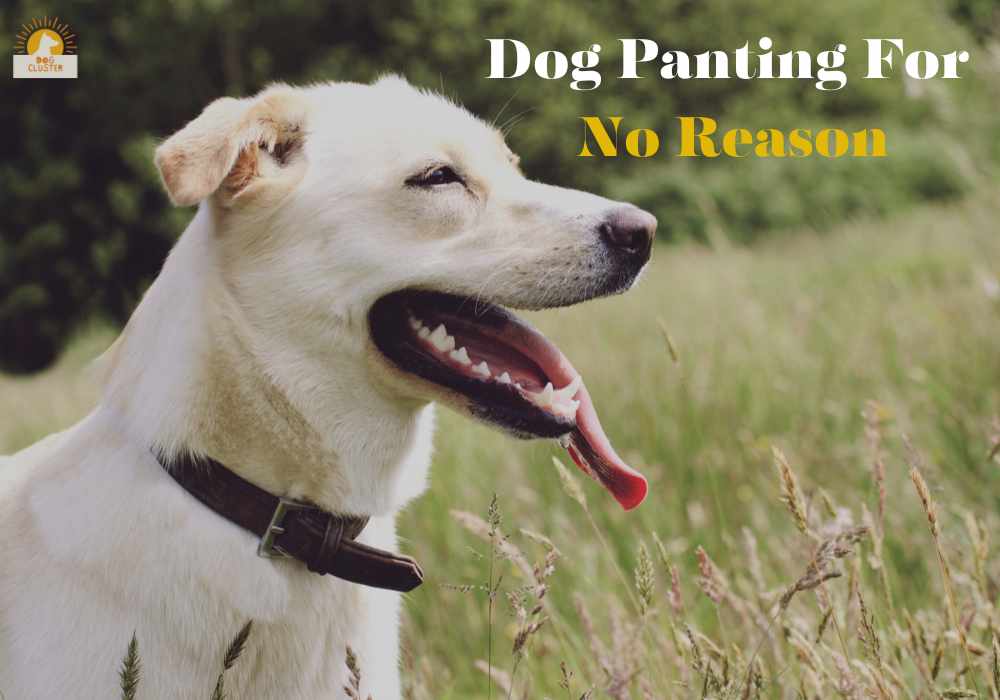
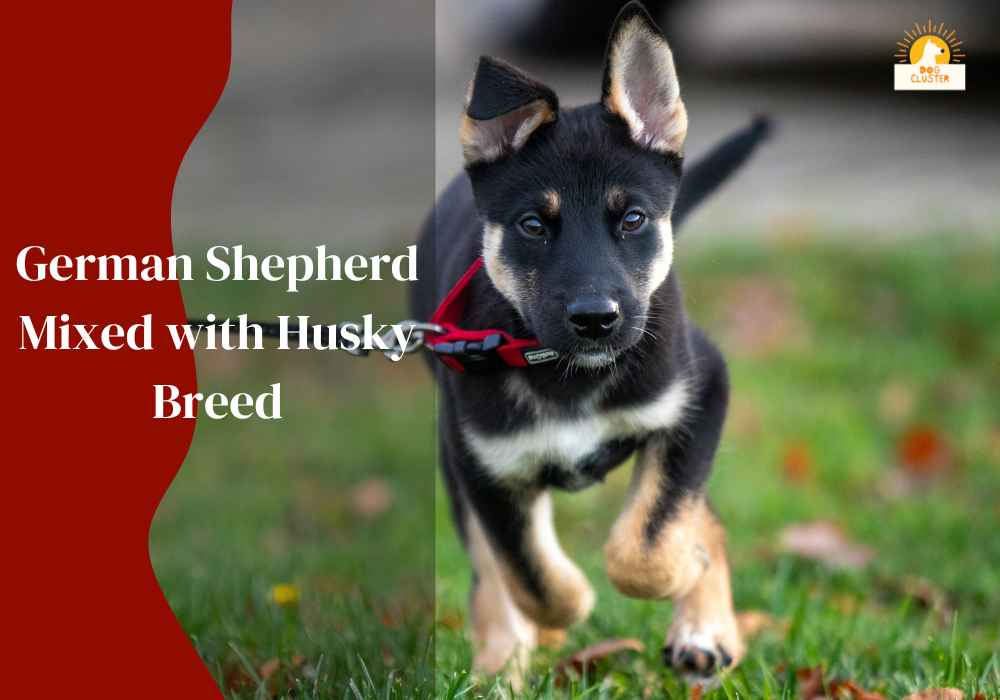

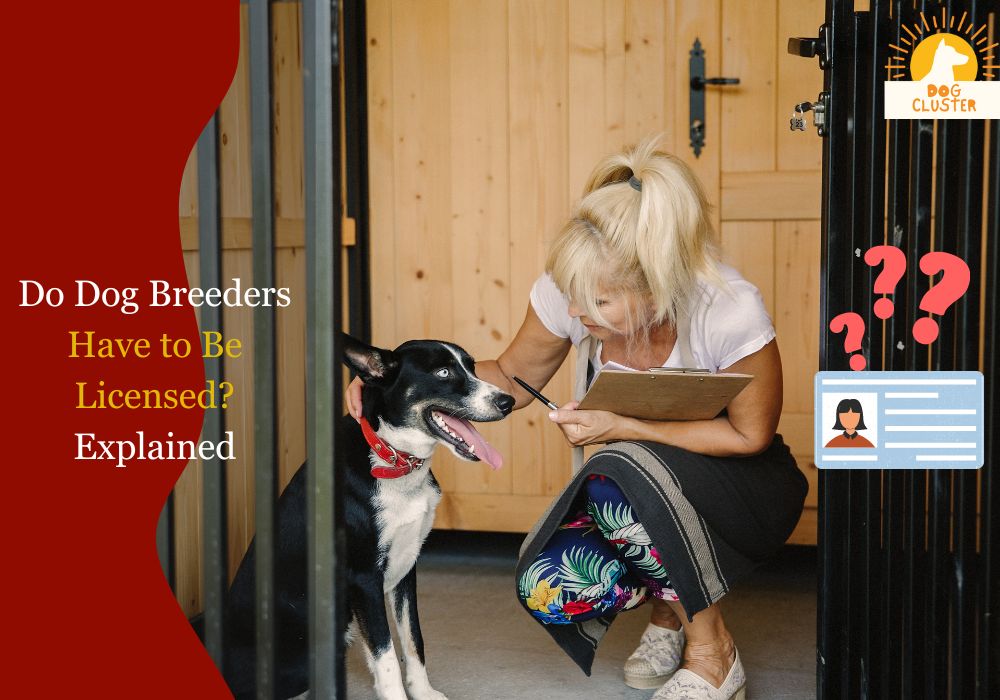
Leave a Reply